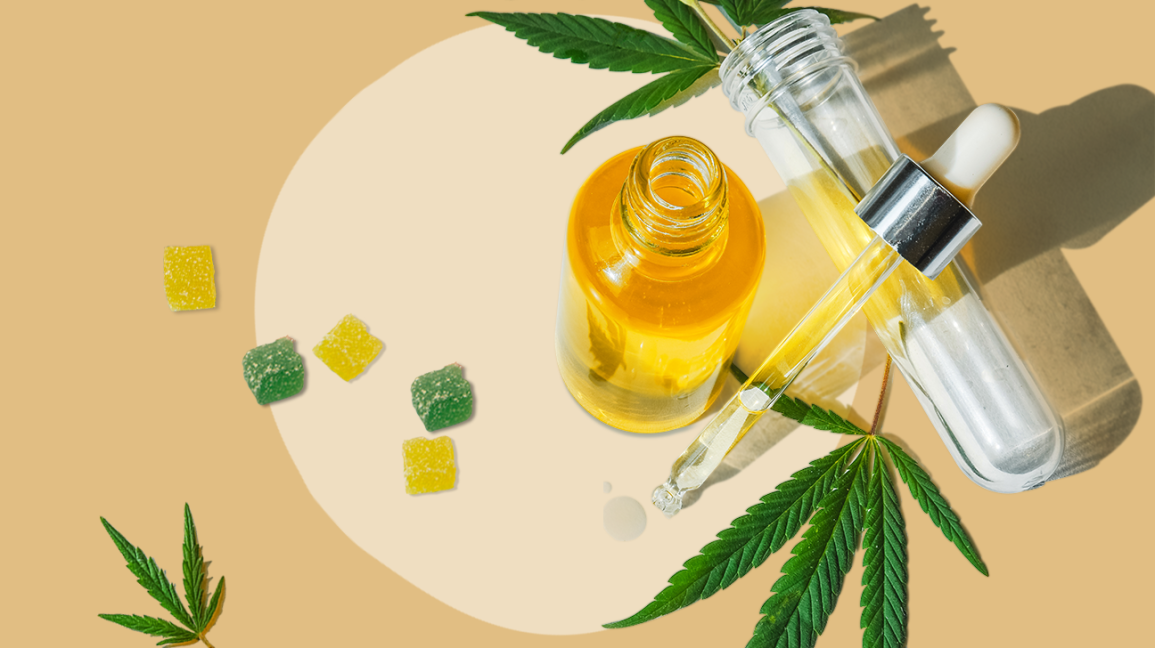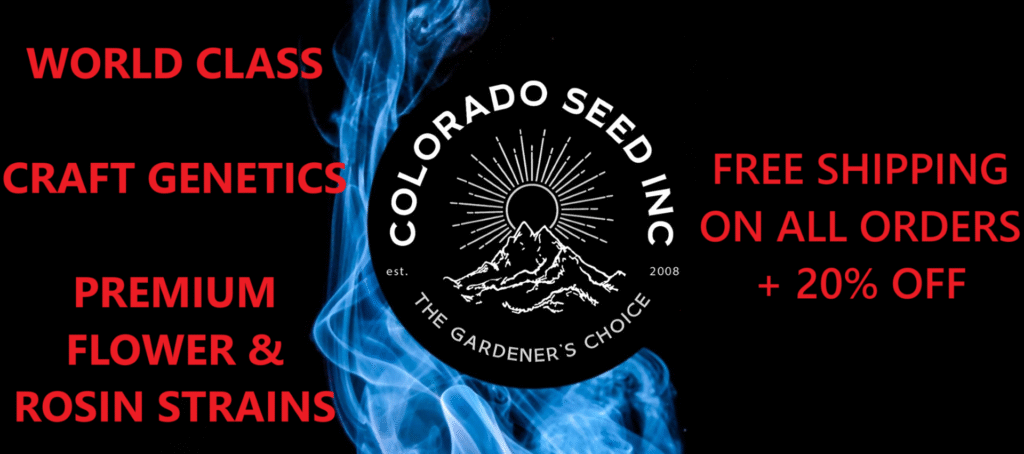A study published in JAMA Network Open found that cannabidiol (CBD) may alleviate anxiety in women with advanced breast cancer.

The randomized, double-masked clinical trial was conducted by researchers from the Dana-Farber Cancer Institute, Harvard Medical School, New York Medical College, and Cambridge. The study included 50 participants aged 18 and older with baseline clinical anxiety. Half received a single 400-mg oral dose of CBD, while the other half received a placebo, administered within 48 hours of tumor burden scans.
While the primary outcome—changes in anxiety scores before and after ingestion—did not show a significant difference between the two groups, the study revealed encouraging secondary findings. Participants who received CBD had significantly lower anxiety levels two to four hours after ingestion compared to the placebo group. Additionally, no severe side effects were reported.
“The findings of this randomized clinical trial show that CBD can be used safely in women with advanced breast cancer and clinical anxiety”, states the study. “Although the study did not meet its primary end point comparing preingestion vs postingestion anxiety change scores between study arms, anxiety levels in the CBD arm were significantly lower 2 to 4 hours after ingestion, suggesting a possible anxiolytic effect and warranting further investigation.”
Researchers conclude by stating:
This preliminary randomized clinical trial establishes CBD as a treatment for anxiety for patients with breast cancer and has laid groundwork for a larger, more definitive trial to test the efficacy of oral CBD, 400 mg, in decreasing anxiety in this patient population. Data from this study invite completion of a longitudinal trial that incorporates anxiety score trajectories on repeated in-the-moment measures, use of potential wearable devices to objectively measure anxiety phenomena, inclusion of participants with moderate to severe anxiety levels, and use of the Patient Global Impressions Scale. Such a study may allow the scientific community to truly assess whether oral CBD, which we show can be used safely in a medically ill population, benefits adults with cancer and acute clinical anxiety.
The study’s full abstract can be found below, and its full text can be found by clicking here.
Abstract
Importance Early evidence from studies outside of oncology has suggested that cannabidiol (CBD) may have anxiolytic effects without neuropsychiatric risks. An understanding of oral CBD in patients with cancer-related anxiety is urgently needed.
Objective To determine whether a single 400-mg oral dose of a US Food and Drug Administration–approved CBD improves clinical anxiety in an oncologic population.
Design, Setting, and Participants This phase II, double-masked, placebo-controlled, randomized clinical trial was performed at the Dana-Farber Cancer Institute’s Breast Oncology Center from November 2, 2021, through March 1, 2023. Women aged 18 years or older with advanced breast cancer and baseline clinical anxiety were included.
Interventions Patients were randomized 1:1 to receive oral CBD, 400 mg, vs placebo within 48 hours before a scan assessing tumor burden.
Main Outcomes and Measures The primary end point was a between-arm comparison of change scores on the afraid subscale of the Visual Analog Mood Scale (VAMS) before and 2 to 4 hours after study drug ingestion. The VAMS scores were converted to T-scores to facilitate interpretation of mood change (>20 indicates a reliable change, >30 indicates both a reliable and clinically significant change). Exploratory outcomes included between-arm comparisons of anxiety levels 2 to 4 hours after study drug ingestion, between-arm comparisons of change scores on other VAMS subscales, and safety.
Results Among the 50 participants, 25 were randomized to the placebo arm (mean [range] age, 57 [37-81] years) and 25 were randomized to the CBD arm (mean [range] age, 60 [30-79] years). The primary end point of VAMS afraid subscale change score, although numerically greater in the CBD arm, was not significantly different between arms (mean [SD]: CBD, −19.1 [15.4]; placebo, −15.0 [10.9]; P = .37). The secondary outcome directly comparing anxiety levels between arms 2 to 4 hours after study drug ingestion demonstrated significantly lower VAMS afraid T-scores for participants who received CBD compared with those receiving placebo (mean [SD]: CBD, 51.5 [12.8]; placebo, 58.0 [11.6]; P = .02). No grade 3 or 4 toxic effects were reported.
Conclusions and Relevance The findings of this randomized clinical trial show that CBD can be used safely in women with advanced breast cancer and clinical anxiety. Although the study did not meet its primary end point comparing preingestion vs postingestion anxiety change scores between study arms, anxiety levels in the CBD arm were significantly lower 2 to 4 hours after ingestion, suggesting a possible anxiolytic effect and warranting further investigation.








